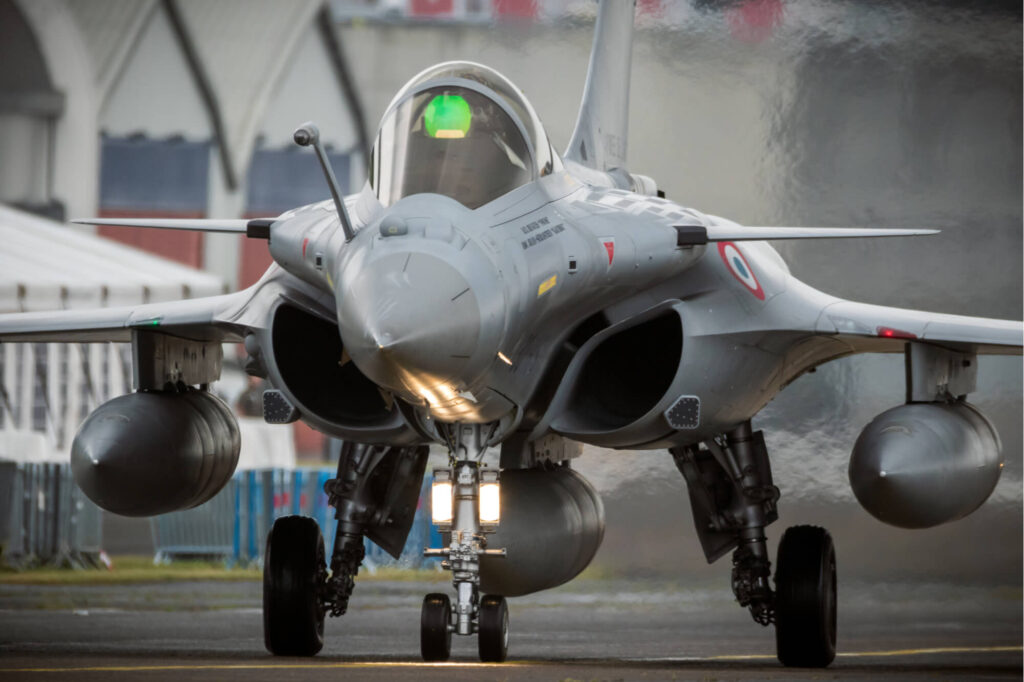With all its fighter jets dating from the Soviet era, the Ukrainian Air Force is in dire need of modern equipment. During the annexation of Crimea by Russia, it even lost 45 of its MiG-29s. Thus, in May 2020, the “Air Force Vision 2035” plan was announced in order to bring it up to Western standards.
The plan includes the acquisition of a 4.5 generation multirole combat aircraft to replace the fighter fleet currently in service, composed of MiG-29 and Su-27 fighter jets. One MiG-29 was recently destroyed after a drunken Ukrainian Air Force officer rammed his car into the aircraft, causing a fire.
With an investment of €7.5 billion, the Ukrainian authorities hope to acquire up to 40 fighters. The fleet harmonization would allow for a reduction in operational costs. The question remains of picking an aircraft. The obvious choice would be to pick one of the best sellers of the United States, given the close diplomatic ties between the two countries. The Lockheed Martin F-16V and the Boeing F/A-18 Super Hornet are the most likely candidate. Another possible contender maybe the Saab JAS-39 Gripen E/F. The European multirole fighter is praised as a cost-savvy solution.
But according to the French media Intelligence Online, a third way is possible for the Ukrainian Air Force. Citing sources close to the French presidency, it claims that a possible sale of Dassault Rafale fighter jets will be one of the top priorities of President Emmanuel Macron during his upcoming visit. “ The French president believes in the Rafale’s chances of winning in this former bastion of Russian industry,” the media writes. “Paris has an advantage: its commercial system capable of supporting such a contract is already in place.”
In the past few years, Dassault successfully sold its fighter jets to Egypt, Qatar, India, and Greece. A Ukrainian contract would be 85% guaranteed by France, and the French Ministry of the Economy and Finance reportedly already earmarked a budget of €1.5 billion for this purpose.

